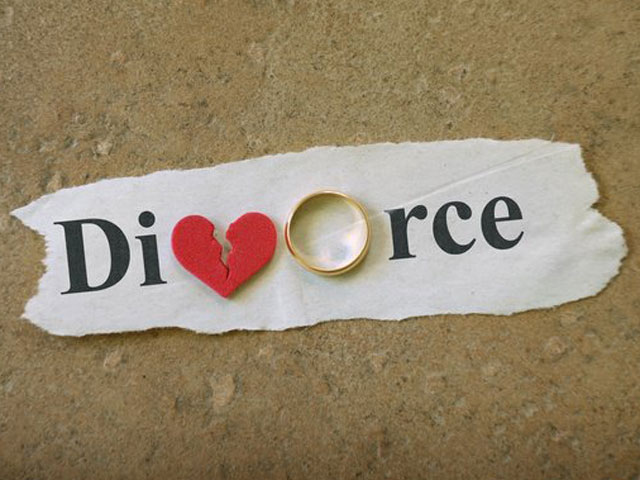Many people assume that getting divorced cancels out any Will they made during their marriage. However, this isn’t the case, and failing to update your Will following divorce could have serious consequences for your estate.
Here we will answer explain what divorce means for your Will, and how to make sure that you put everything in order.
Updating your Will should be a priority if you have recently divorced or dissolved your civil partnership.

Divorce Leads To Issues With Wills
Does Divorce Mean My Will Is Automatically Revoked?
Divorce does not revoke a Will, nor does it mean your Will from before you were married comes back into effect. Your current Will remains valid, but for inheritance purposes, your ex-spouse is treated as if they had died on the date of the decree Absolute.
This can have a serious effect on your estate. If your Will doesn’t specify reserve beneficiaries, the dreaded rules of intestacy, which dictates who can inherit from your estate, could apply. These rules come into effect when someone dies without a valid Will, or sometimes when the original primary beneficiary of a Will dies and the Will doesn’t include details about what should happen next.
Will My Original Will From Before I Was Married Come Back Into Effect?
No it will not. Marriage revokes any previous Will you had, but divorce does not have the same effect.
If you divorce, your Will from the marriage remains valid, but your ex-spouse is now treated as if they were dead.
What Happens If I Don’t Make A New Will?
If you don’t make a new Will, you can’t be sure your loved ones will be provided for. Even if your divorce is amicable and you and your ex-spouse verbally agree about how your property will be shared, there’s no legal guarantee this will happen unless you write it in a Will.
If you don’t create a new Will to reflect the fact you are divorced, your estate might be divided up differently to how you intend, and could jeopardise any inheritance you had planned for others.
Other problems could arise if you’d named your ex-partner as an executor in your Will as this appointment will be revoked.
Can My Ex Have Any Claim On My Estate?
This depends on the terms of your divorce and your financial settlement.
If you’re financially maintaining your ex-spouse after you’ve divorced (i.e. if you pay them maintenance), and you don’t include them in your Will, they could make a claim under the Inheritance Act after you have died, causing further distress on those who you want your estate to go to.
If you don’t want your former spouse to inherit from your estate after your death, unfortunately there’s no certain way to prevent it. The best thing to do is to make sure your executors are prepared in case there is a challenge, and to give them some flexibility to negotiate with your ex-spouse if necessary to protect the interests of your other beneficiaries.
Can A Clean Break Order Help?
A financial settlement order – also known as a clean break order – is an agreement that means neither party has financial ties to the other once the divorce has gone through. You won’t owe spousal maintenance or any other kind of financial provision.
Clean break orders are very useful to help protect your estate against future claims under the Inheritance Act, but they don’t suit every situation – especially if there are young children involved who still need to be provided for.
Clean break orders are no substitute for a new Will. In order to make sure your estate is still going to be divided up the way you want after your death, it’s essential to have a new up to date Will.
How Can I Ensure My Children Still Get An Inheritance If I’m In A New Relationship?
If you’re in a new relationship and you want to ensure your children from a previous earlier marriage still get their inheritance, it’s important to make sure your Will is revised to reflect your wishes.
I’m Still Married But Separated – Can I Exclude My Spouse From My Will?
Yes – you’re allowed to leave your estate to whoever you choose. However, even if you’re separated, your spouse could make a claim on your estate under the Inheritance Act. We always recommend you write a “Letter of Wishes” setting out that you choosing to omit your ex-spouse from your Will was not an oversight.
Why Should I Make A New Will?
It’s always a good idea to write a new Will when your personal circumstances change, especially for something as life-changing as a divorce.
Making a new Will after divorce allows you to make sure that your estate is divided up in the way you want, and making a new Will can also help prevent potential claims being brought against your estate under the Inheritance Act.
Without labouring a point, getting divorced is a good time to write a new Will.